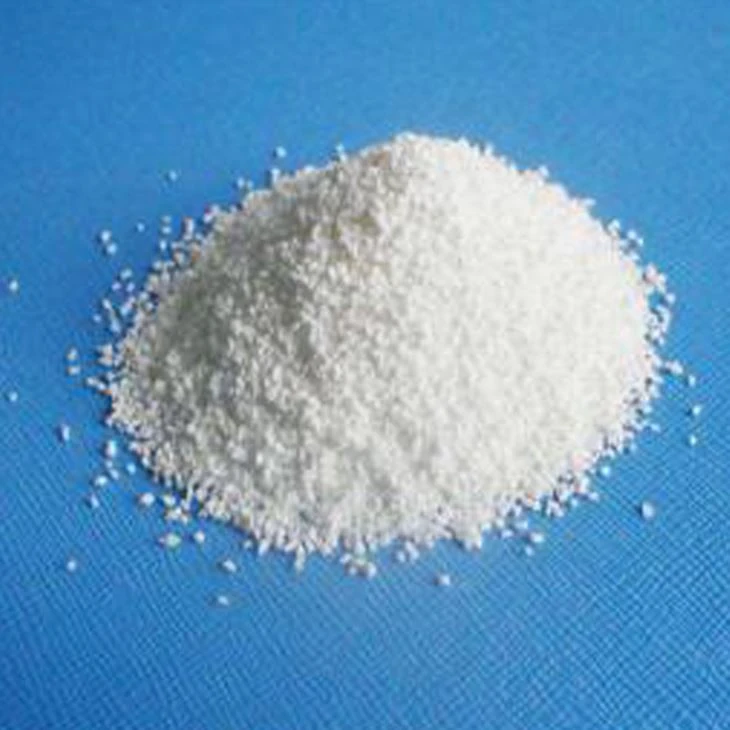



china cationic polyacrylamide
The Role of Cationic Polyacrylamide in Water Treatment and Its Applications in China
Cationic polyacrylamide (CPAM) has emerged as a crucial polymer in various industrial applications, particularly in the area of wastewater treatment. In China, the rapid industrialization and urbanization have necessitated innovative solutions to address the challenges posed by water pollution and management. CPAM, with its unique properties, has garnered significant attention as an effective flocculant in water treatment processes.
Understanding Cationic Polyacrylamide
Cationic polyacrylamide is a water-soluble polymer that carries a positive charge. Its structure allows it to interact with negatively charged particles present in water, such as soil, organic matter, and various pollutants. This ability to attract and bind with these particles facilitates their aggregation, forming larger flocs that can be easily removed through sedimentation or filtration. As a result, CPAM plays a vital role in clarifying water by reducing turbidity and removing contaminants.
Applications in Water Treatment
In China, CPAM is predominantly used in municipal wastewater treatment facilities, industrial effluent processing, and sludge dewatering operations. Municipalities facing severe water pollution issues turn to CPAM to enhance the efficiency of their water treatment plants. The polymer helps in coagulating and flocculating suspended solids, thus enabling the production of cleaner water that meets environmental standards.
Moreover, industries such as mining, paper manufacturing, and textiles have also adopted CPAM to treat their wastewater. In mining operations, CPAM is used to separate valuable minerals from waste material, while in the paper industry, it helps in recollecting fibers and reducing pollution load. The textile sector benefits from CPAM by using it in dye wastewater treatment, improving the removal rates of colorants and other pollutants.
Benefits of Using Cationic Polyacrylamide
china cationic polyacrylamide

The increasing popularity of CPAM can be attributed to several benefits it offers. Firstly, CPAM is highly effective in low concentrations, making it a cost-efficient solution for water treatment applications. Secondly, its ability to work in a wide pH range adds to its versatility, enabling its use across various industrial contexts. Additionally, CPAM enhances the overall efficiency of treatment processes, leading to reduced operational costs and compliance with stringent environmental regulations.
Another significant advantage of CPAM is its biodegradability. Unlike some synthetic polymers, CPAM can decompose over time, which minimizes its environmental impact. This characteristic is especially important in a country like China, where environmental sustainability is becoming increasingly prioritized.
Future Prospects
As environmental regulations in China become stricter, the demand for effective water treatment solutions like cationic polyacrylamide is expected to rise. Researchers are also exploring the development of more advanced formulations of CPAM that are not only efficient in flocculation but are also environmentally friendly. Innovations in polymer chemistry could lead to the creation of bio-based or partially bio-derived cationic polyacrylamides, further aligning with China’s green development goals.
Furthermore, with the growth of urban populations and the corresponding increase in wastewater generation, the role of CPAM in treatment processes will likely expand. The integration of CPAM into new technologies, such as membrane filtration systems and advanced oxidation processes, may open up avenues for improved water management solutions.
Conclusion
Cationic polyacrylamide stands out as a pivotal player in addressing the water treatment challenges faced by China in the wake of rapid industrialization. Its applications in municipal and industrial wastewater treatment processes underscore its importance in promoting cleaner water and a healthier environment. As the country continues to prioritize sustainable practices, CPAM could play an even more significant role in shaping the future of water management in China.
-
Why Sodium Persulfate Is Everywhere NowNewsJul.07,2025
-
Why Polyacrylamide Is in High DemandNewsJul.07,2025
-
Understanding Paint Chemicals and Their ApplicationsNewsJul.07,2025
-
Smart Use Of Mining ChemicalsNewsJul.07,2025
-
Practical Uses of Potassium MonopersulfateNewsJul.07,2025
-
Agrochemicals In Real FarmingNewsJul.07,2025
-
Sodium Chlorite Hot UsesNewsJul.01,2025










